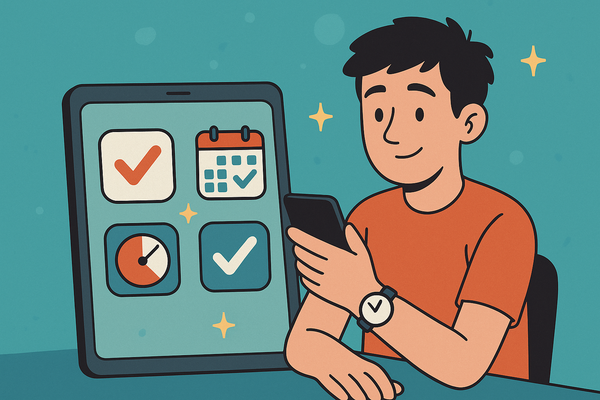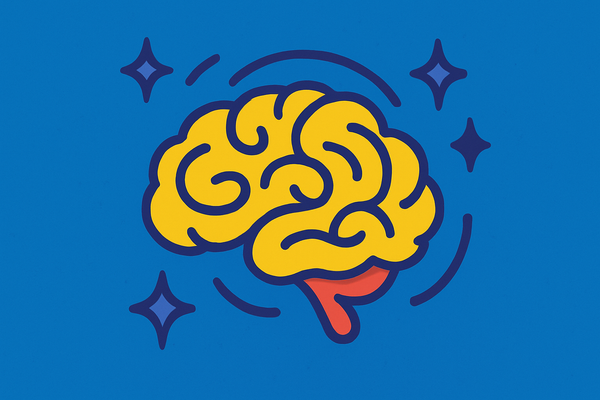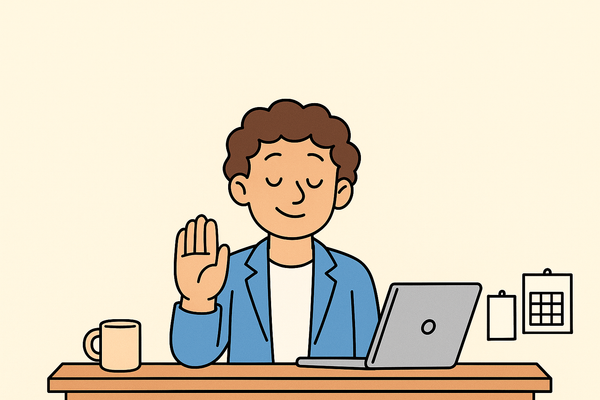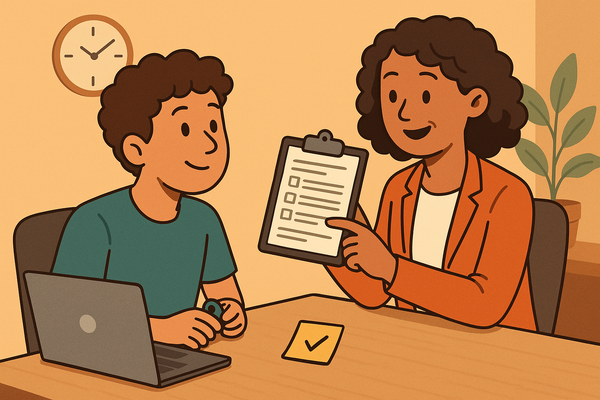Finding Myself Through a Late ADHD Diagnosis
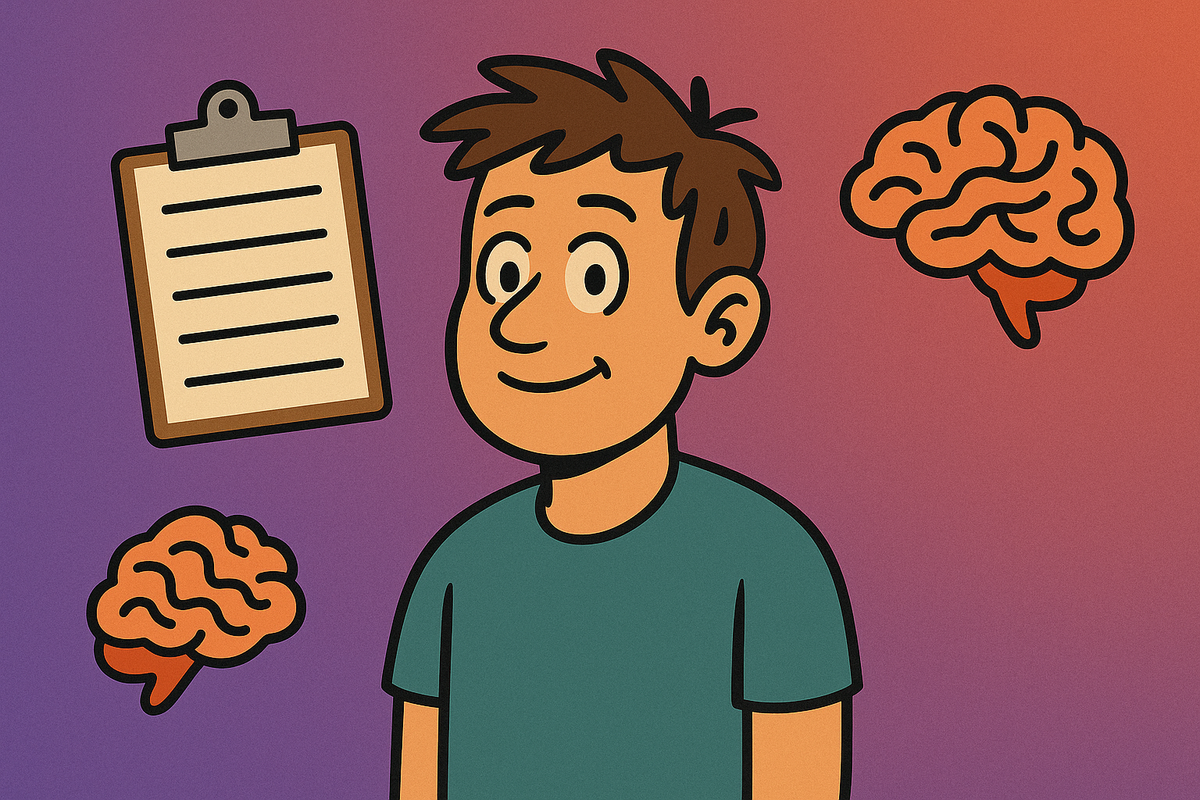
For most of my life, I assumed something was wrong with me—just not enough to name.
I was always the one with a million browser tabs open, both literally and in my head. Deadlines felt like cliffs I was constantly falling off of. I’d miss appointments, misplace my keys (again), or blank out during conversations, and each time it chipped away at my sense of competence.
But I was functional, right? Decent job. I managed. So no one ever looked deeper. Not even me.
Until much later.
The Realization Didn’t Come in a Flash
There was no lightning-bolt moment. Just a growing suspicion that what I was dealing with wasn’t just “stress” or “bad habits.” A friend mentioned their own ADHD diagnosis—at 35. Something clicked. I started reading, watching videos, piecing together symptoms like a detective finally getting a clear suspect.
It wasn’t that I never focused. It’s that I either couldn’t or couldn’t stop.
The Diagnostic Process Felt… Oddly Familiar
When I finally sat down with a specialist, going through the assessment felt strangely validating. Every question reflected patterns I’d spent years feeling ashamed of:
- Do you have trouble starting tasks?
- Do you zone out during conversations?
- Do you interrupt people or lose your train of thought?
Yes. Yes. Absolutely yes.
It was like reading my own user manual for the first time.
In this video, Jessica McCabe shares her personal journey of being diagnosed with ADHD as an adult. She discusses the challenges she faced before the diagnosis and how understanding her condition transformed her life. Her story offers insight into the emotional impact of late diagnosis and the empowerment that comes with self-awareness.
Grief Came Before Relief
Getting diagnosed late—whether that’s in your 30s, 40s, or beyond—isn’t just about answers. It’s also about loss.
Loss of time spent beating yourself up.
Loss of opportunities you might’ve taken if you’d understood your brain sooner.
Loss of self-trust from all the years of “why can’t I just…?”
There’s relief, too. But it’s complicated. You want to celebrate this new clarity while mourning all the years you spent confused or misjudged.
You Rebuild, Gently
Post-diagnosis, things don’t magically get easier—but they do get clearer.
You start to learn what works for you. Maybe that’s medication, or therapy, or timers, or all of the above. You unlearn the shame tied to being “messy” or “lazy.” You reframe: not broken, just wired differently.
And slowly, you start to extend the compassion to yourself that you would’ve given a friend years ago.
If You’re Still Wondering…
If you’re reading this and thinking, this sounds familiar, you’re not alone and you’re not too late. Getting a diagnosis as an adult can be overwhelming, but it’s also an invitation: to better understand your mind, to let go of old guilt, and to start writing a new story.
Not one without struggle but one where you’re finally allowed to show up as yourself, without apology.

